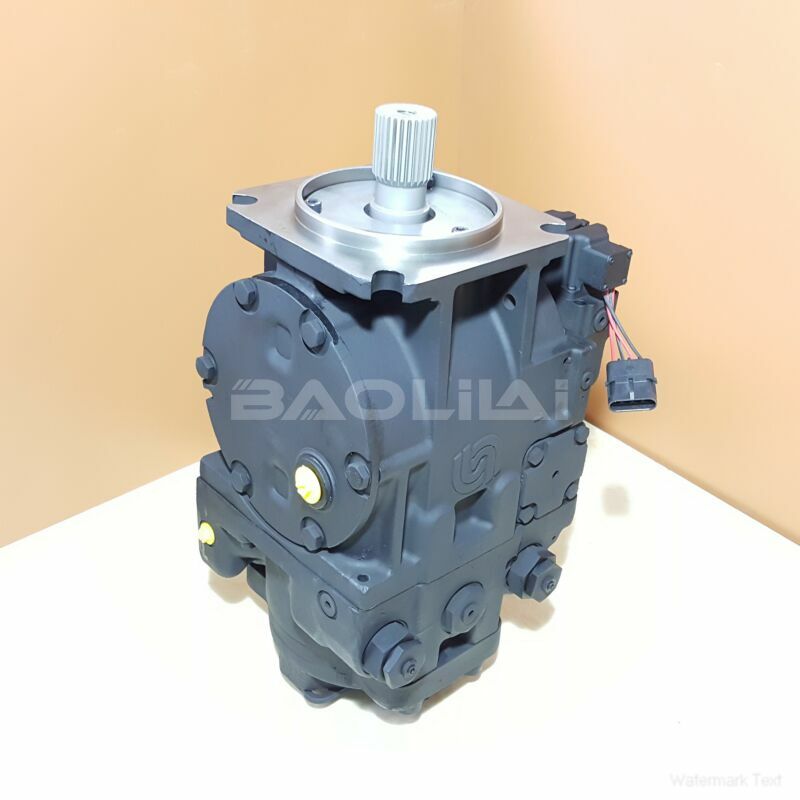90L075KA5BC80S3C7D05GBA424224 high pressure pump
90L075KA5BC80S3C7D05GBA424224 high pressure pump

- Product Details
- Applicable Scene
In recent years, the demand for plant-based foods has surged, driven by consumer preferences for healthier, sustainable options. This growing trend has prompted food manufacturers to innovate and optimize their processing methods, making high-pressure pumps a vital component in the production of plant-based products. These pumps play a crucial role in enhancing efficiency, quality, and scalability in plant-based food production.
90-L-075-KA-5-BC-80-S-3-C7-D-05-GBA-42-42-24
90L075KA5BC80S3C7D05GBA424224
High-pressure pumps are designed to handle and transport liquids at elevated pressures, making them ideal for various applications in food processing. The ability to process ingredients at high pressures allows manufacturers to extract more nutrients, flavors, and colors from raw materials, resulting in superior products. For instance, when making plant-based beverages, high-pressure pumps help extract essential oils and nutrients from fruits and vegetables, enriching the final product while maintaining its natural taste and health benefits.

83001772
Moreover, high-pressure processing (HPP) technology is becoming increasingly popular in the plant-based food industry. This method utilizes high-pressure pumps to treat food products without the need for preservatives or high temperatures. By subjecting plants to pressures that can reach up to 600 MPa, manufacturers can eliminate harmful microorganisms while preserving the integrity of the ingredients. HPP not only extends the shelf life of plant-based foods but also retains their nutritional value, texture, and flavor, making them more appealing to consumers.
The scalability offered by high-pressure pumps also aligns with the rapid growth of the plant-based market. As demand increases, manufacturers need to produce larger quantities of products without compromising quality. High-pressure pumps are capable of operating efficiently in continuous production systems, ensuring that the transition from small-batch to large-scale production is seamless. This adaptability is crucial for companies aiming to keep pace with the evolving food landscape and meeting consumer expectations.





